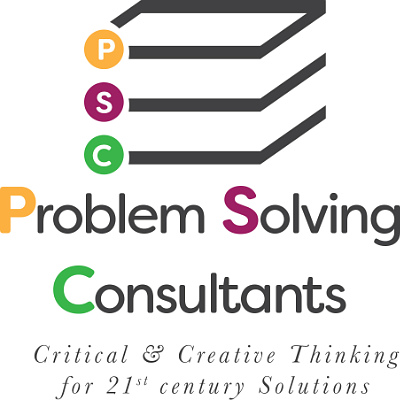What sort of teachable moment can we take away from the last few months and how do we apply it to our organizations and people? The key I think is to renew our efforts to eliminate political correctness from our organizational cultures and vocabularies. You all know that I cannot recall any other social movement which has done more to stifle collaborative discussion and problem solving than the intellectual tyranny foisted on us by a very vocal minority. Nor can I recall a recent social movement which has done more to marginalize individuals. So how do we move forward?
As leaders within our organizations we owe it to ourselves, our staffs, and our organizations to return respect and compassion to our way of interacting with others. Obviously, the election results were going to bring about significant change, no matter which candidate won. Implementing the various changes which will now result will more than likely bring about increased levels of stress and anxiety. What can we do to reduce the stress and help insure that our staffs know that they are respected and valued members of our organizations?
If we have to practice some form of social movement, let us all think about ways in which we can implement, model, and practice emotional correctness. Treating others with respect and courtesy tends to lead to something rather amazing. Getting to know the people we think we do not like, learning that we usually have more things in common than things which are different, makes it a bit more difficult to treat one another with disrespect and hatred. As the leaders, we can show our staffs that we value each individual, respect the differences which make us unique, and work together to find the best ways of achieving our goals.
